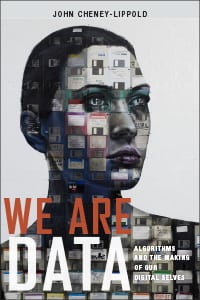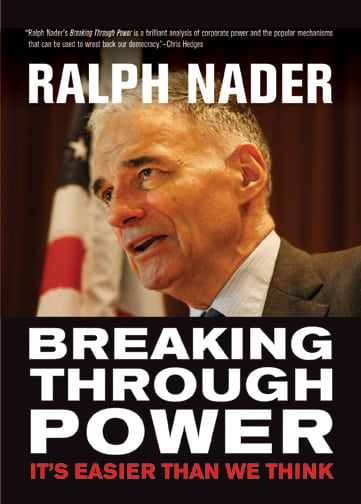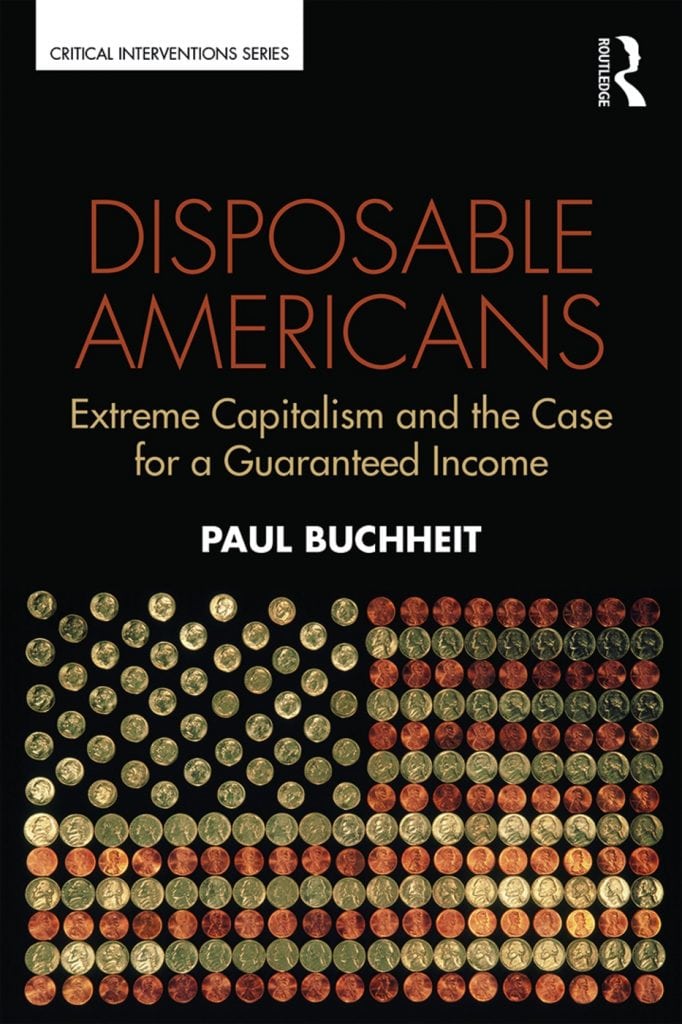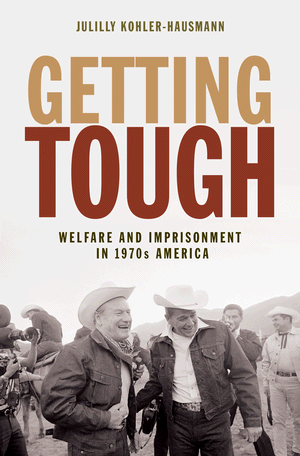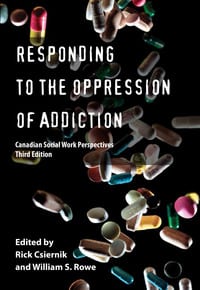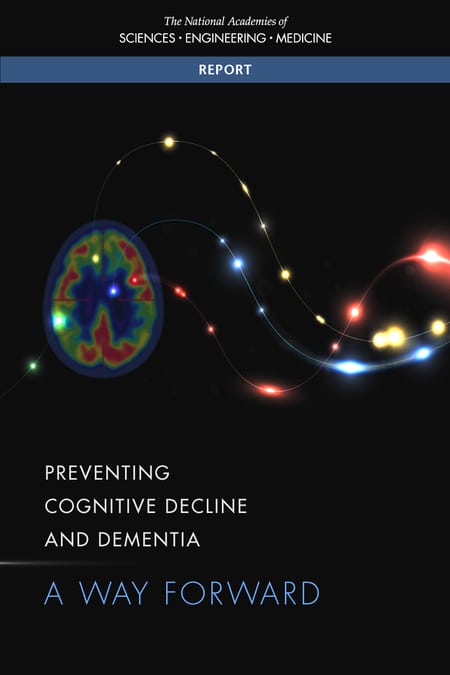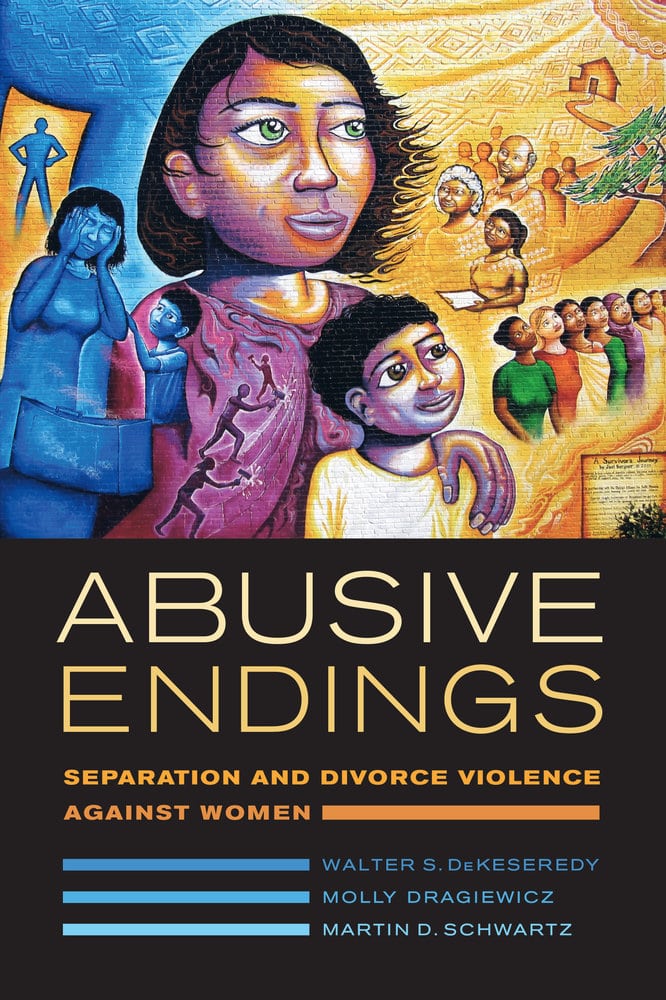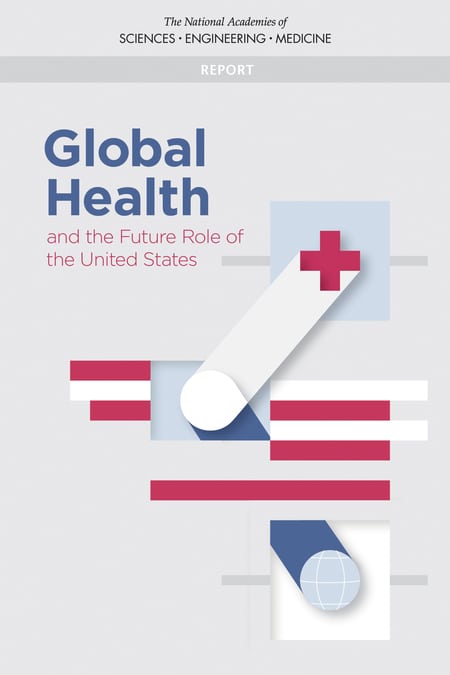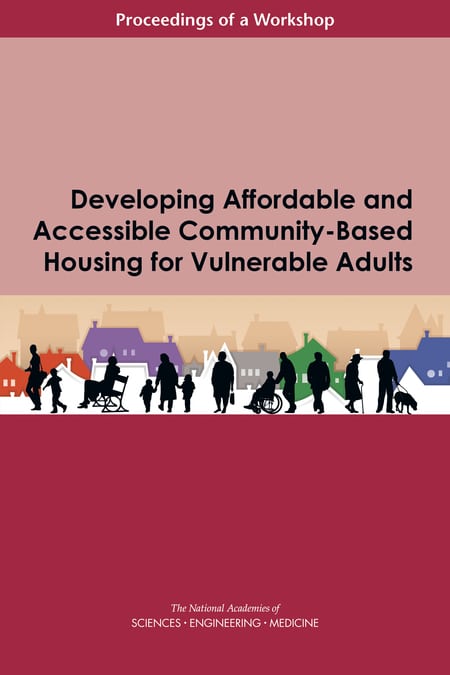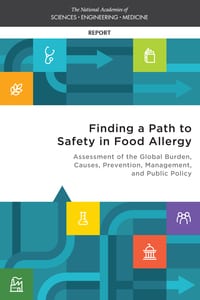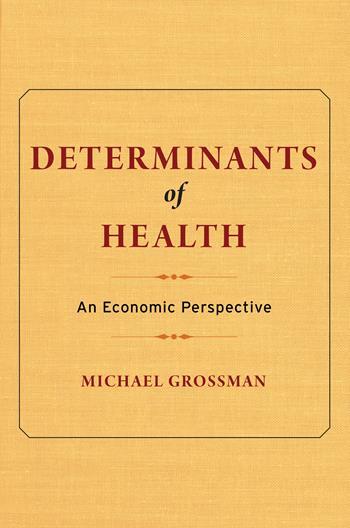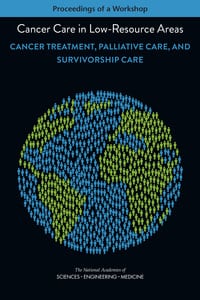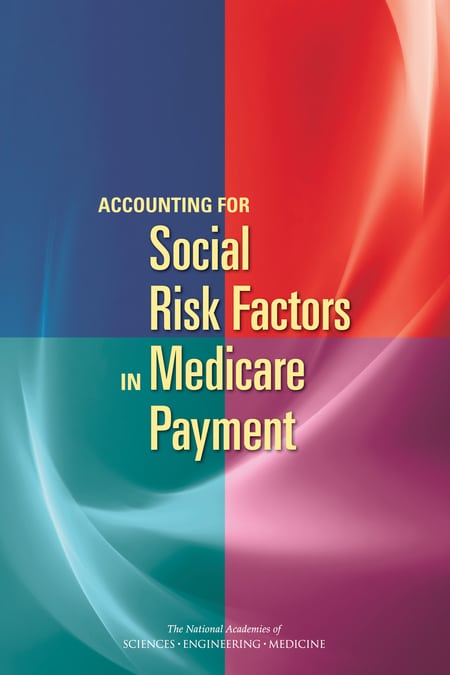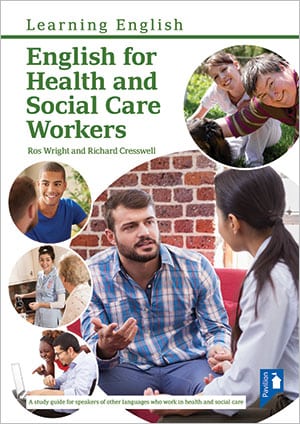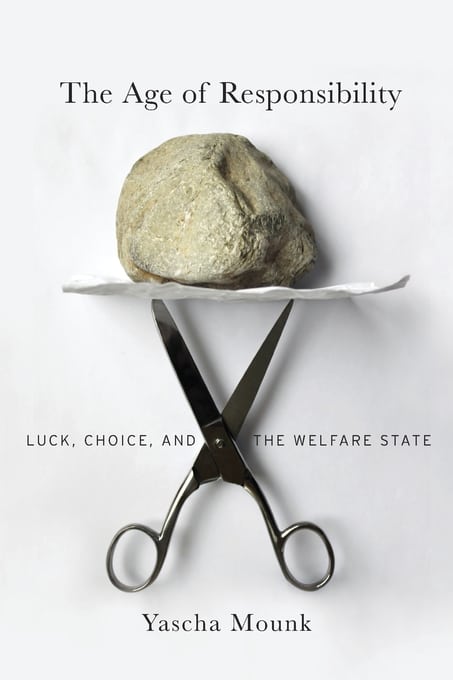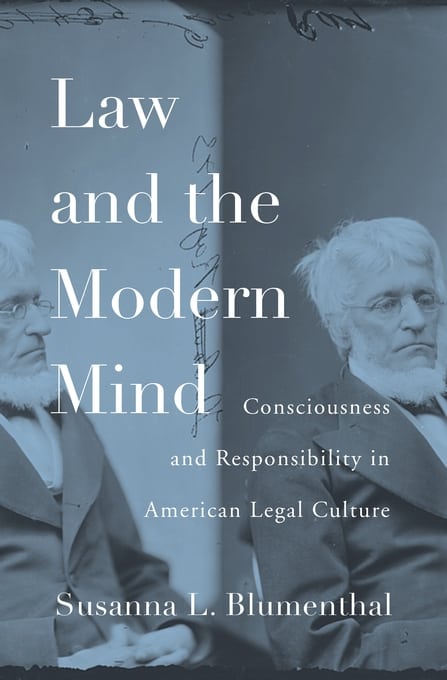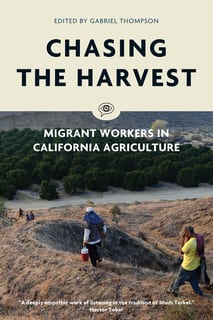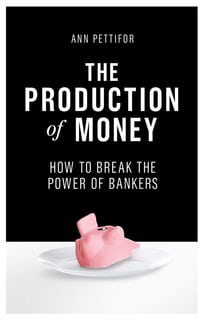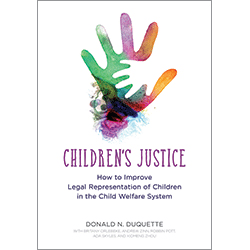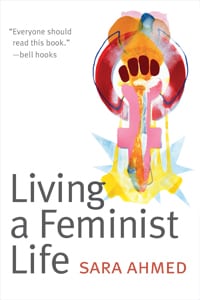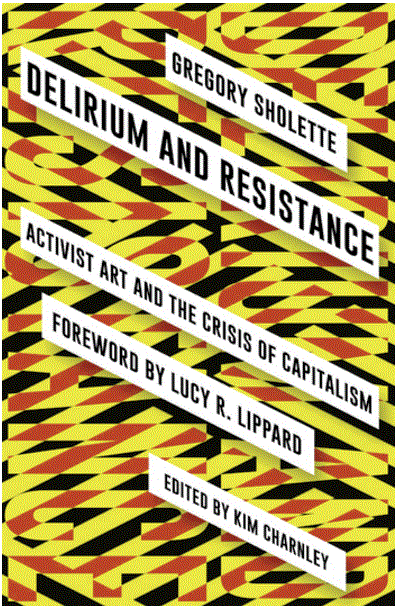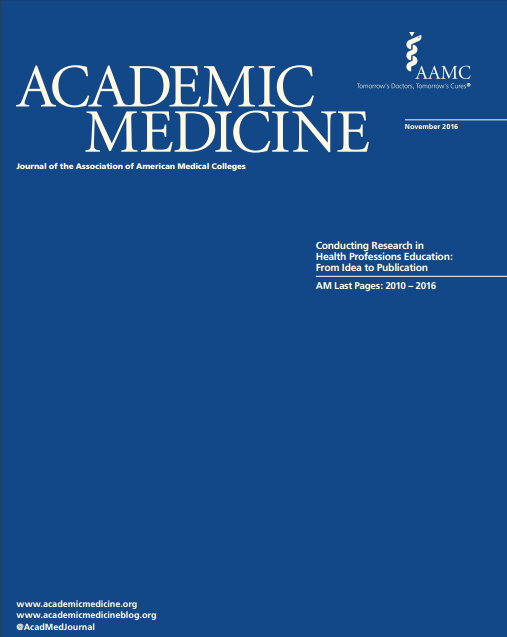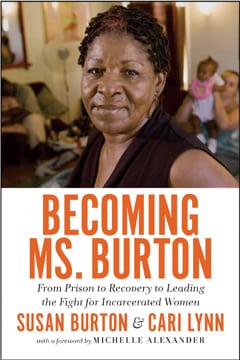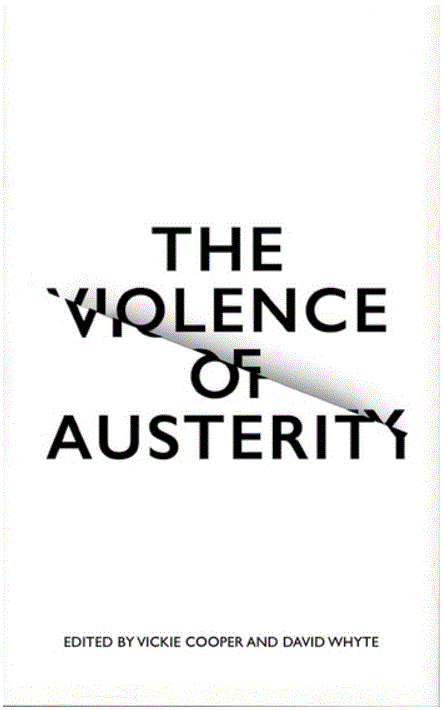Lesbian Decadence: Representations in Art and Literature of Fin-de-Siècle France
Breaking Through Power: It’s Easier Than We Think
In the Fields of the North / En los campos del norte
Beyond Trans: Does Gender Matter?
Robert K. Merton: Sociology of Science and Sociology as Science
Mirage of Police Reform: Procedural Justice and Police Legitimacy
Immigration, Public Policy, and Health: Newcomer Experiences in Developed Nations
Prophets of Progress
This text is aimed at higher education students and reflective mature readers who have an interest in the ideas of pioneering sociologists and social philosophers. The focus of attention is on three nineteenth century theorists, Henri Saint Simon, Auguste Comte and Herbert Spencer. The book builds a clear understanding of important concepts of this era, and devotes chapters to providing a social and historical context to the formative ideas of the theorists regarding their interpretations of history, the direction of social change and their utopian images of the future.
Disposable Americans: Extreme Capitalism and the Case for a Guaranteed Income
Getting Tough: Welfare and Imprisonment in 1970s America
Big Hunger: The Unholy Alliance between Corporate America and Anti-Hunger Groups
Responding to the Oppression of Addiction, 3rd Edition Canadian Social Work Perspectives
Preventing Cognitive Decline and Dementia: A Way Forward
The Value of Social, Behavioral, and Economic Sciences to National Priorities: A Report for the National Science Foundation (2017)
Abusive Endings: Separation and Divorce Violence against Women
Global Health and the Future Role of the United States
Exploring Equity in Multisector Community Health Partnerships: Proceedings of a Workshop
Developing Affordable and Accessible Community-Based Housing for Vulnerable Adults: Proceedings of a Workshop
Learning Cognitive-Behavior Therapy An Illustrated Guide, Second Edition; Core Competencies in Psychotherapy
Reflective Thinking in Social Work: Learning from student narratives
Finding a Path to Safety in Food Allergy: Assessment of the Global Burden, Causes, Prevention, Management, and Public Policy
Determinants of Health: An Economic Perspective
Cancer Care in Low-Resource Areas: Cancer Treatment, Palliative Care, and Survivorship Care: Proceedings of a Workshop
Accounting for Social Risk Factors in Medicare Payment
English for Health and Social Care Workers
How Did We Get into This Mess?: Politics, Equality, Nature
The Age of Responsibility: Luck, Choice, and the Welfare State
The Ways Women Age Using and Refusing Cosmetic Intervention
Law and the Modern Mind: Consciousness and Responsibility in American Legal Culture
Clinical Manual of Child and Adolescent Psychopharmacology, Third Edition
Chasing the Harvest: Migrant Workers in California Agriculture
Finding Feminism Millennial Activists and the Unfinished Gender Revolution
The Production of Money: How to Break the Power of Bankers
Children’s Justice: How to Improve Legal Representation of Children in the Child Welfare
Voices from the ‘Jungle’: Stories from the Calais Refugee Camp
The Gang’s All Queer: The Lives of Gay Gang Members
Living a Feminist Life
Welfare Benefits and Tax Credits Handbook 2017/18
Delirium and Resistance: Activist Art and the Crisis of Capitalism
Conducting Research in Health Professions Education: From Idea to Publication
Disaster risk reduction for the built environment
Becoming Ms. Burton: From Prison to Recovery to Leading the Fight for Incarcerated Women
On to the Next Dream
In a series of drawings and stories, Madonna evokes the sense of vertigo induced by being forced from his home, and the roil of emotions that ensue as he enters into the city’s brutal competition for a place to live. The line between reality and surreality begins to blur almost immediately, in real life and in his comic. Absurd, maddening, and all-too-poignant, these drawings and stories capture the spirit of not just San Francisco, but a cultural epidemic that has now spread to cities around the world.
Exonerated: A History of the Innocence Movement
The Violence of Austerity
Austerity, a response to the aftermath of the financial crisis, continues to devastate contemporary Britain. In The Violence of Austerity, Vickie Cooper and David Whyte bring together the voices of campaigners and academics including Danny Dorling, Mary O’Hara and Rizwaan Sabir to show that rather than stimulating economic growth, austerity policies have led to a dismantling of the social systems that operated as a buffer against economic hardship, exposing austerity to be a form of systematic violence.
